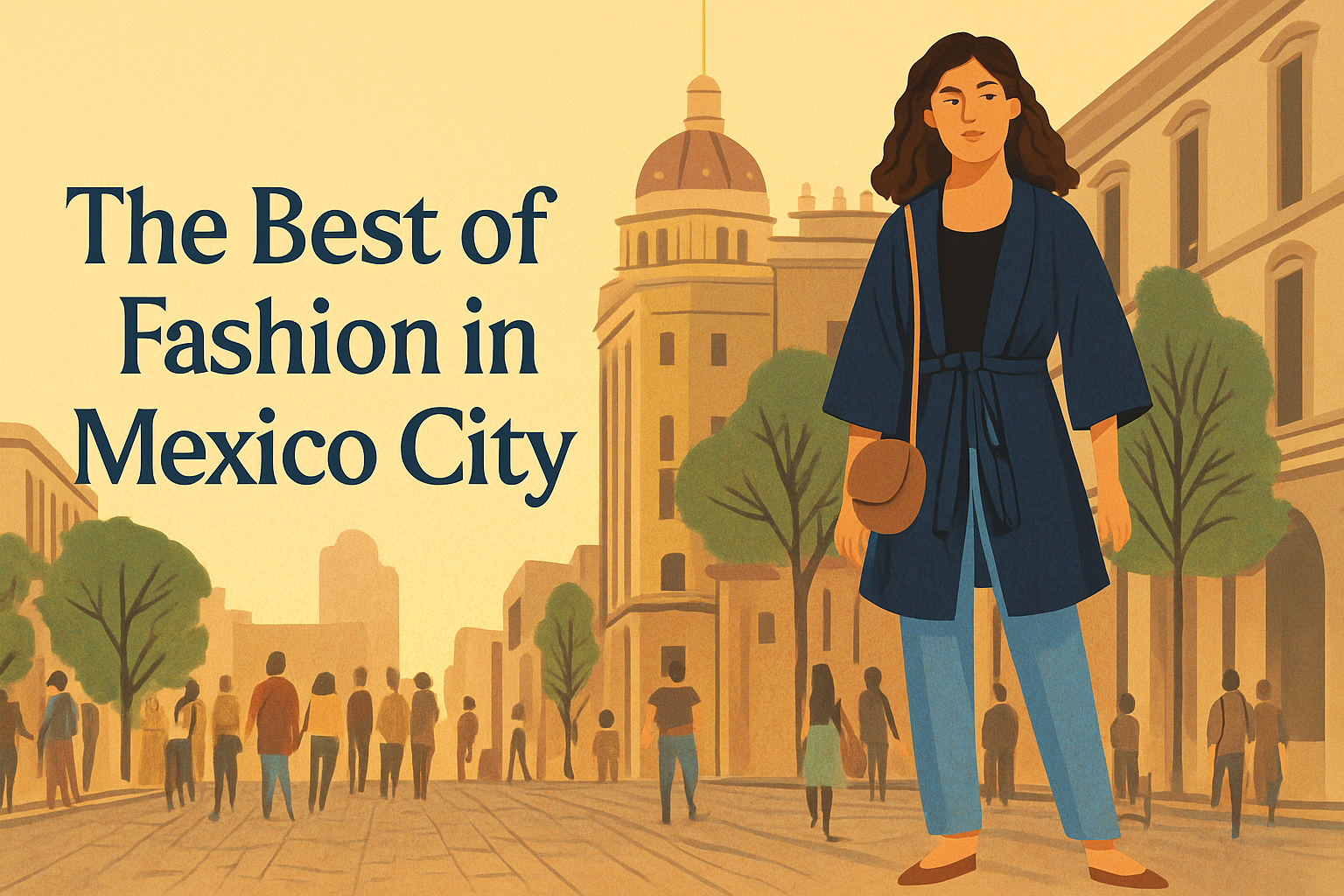The True Cost of Fast Fashion in Mexico — and Why Artisanal Clothing Matters
In Mexico, the fast fashion industry generates over 300,000 tons of textile waste every year, while thousands of artisans in Oaxaca and Chiapas still create clothing by hand. This contrast reveals what fast fashion truly costs — not just in pesos, but in culture, time, and dignity.
Beyond the price tag: what “cheap” really costs
In Mexico, a t-shirt can cost less than a cup of coffee. Behind that price lies a silent equation: low wages, imported synthetic fabrics, and forgotten craftsmanship that once defined our culture.
Factories across Puebla and the State of Mexico produce millions of garments every month for global fast fashion giants. For most workers, the pay is barely enough to cover transport and food. For local weavers in Oaxaca or Chiapas, it’s even worse: their know-how becomes invisible in a market obsessed with speed.
Fast fashion doesn’t just wear out your clothes — it wears out people.
When speed replaces soul
The industrial rhythm of global fashion has erased the pause — the slow gesture of weaving, the patience of dyeing with indigo, the pride of making something that lasts.
In Mexico City, we see the paradox every day: young creatives sipping matcha in Roma Norte, dressed in “eco” shirts mass-produced far away. It’s not their fault — the system tells them it’s “sustainable” if the tag says organic cotton. But the truth is: if you don’t know who made your clothes, they’re not really ethical.
The hidden costs of cheap clothing
| Dimension | Fast Fashion Impact | Artisanal Alternative |
|---|---|---|
| People | Low wages, unsafe conditions | Fair pay, human connection |
| Planet | Synthetic fibers, water pollution | Natural cotton, indigo dye |
| Culture | Lost traditions, homogeneity | Preserved heritage, storytelling |
When something is cheap, someone else is paying the price — often the worker, the artisan, or the earth itself.
The artisans who remember
In a small workshop in Oaxaca, Doña Isabel still dyes her fabrics with añil, the same way her grandmother did — by hand, under the morning sun. Each piece takes days, sometimes weeks. The colors breathe, fade gracefully, evolve.
This is the opposite of fast fashion: it’s time itself, woven into cloth. Every thread carries a story, every irregularity is a signature. That’s what we at Aguilar call “la belleza del gesto” — the beauty of the gesture.
Why artisanal clothing matters
Choosing artisanal clothing is not a trend. It’s a quiet rebellion — against disposable culture, against anonymity, against forgetting.
When you buy a handmade kimono from a local atelier, you are not just dressing your body. You’re preserving an ecosystem: of hands, of stories, of land.
It’s also a question of durability: an Aguilar piece lasts years, not months. The seams are reinforced, the cotton breathes, the indigo softens with time. You don’t need five; you need one — that truly belongs to you.
Choosing differently: how to identify ethical clothing
Ask these five questions before buying:
- Who made this garment, and where?
- What material is it made from — synthetic or natural?
- How long will it last after 10 washes?
- Does the brand share real people and real processes, not slogans?
- Would I still wear it in 5 years?
These simple questions turn every purchase into a conscious act.
Eco-Respectful Brands & Creators in Mexico City
We celebrate a wider ecosystem of conscious makers in CDMX.
Carla Fernández — Heritage Geometry
Pioneer of ethical Mexican fashion working with indigenous communities to preserve ancestral techniques. Expect museum-level silhouettes, capes and dresses with architectural lines — a different universe from Aguilar’s fluid kimonos.
🛍️ Official Shop | 📸 @carlafernandezmx
Someone Somewhere — Urban Crafts
Streetwear pieces co-created with artisans across Mexico. Hoodies, tees and accessories featuring hand-embroidered details and recycled cotton. Proof that “made in Mexico” can be cool and conscious.
🛍️ Shop Online | 📸 @someonesomewhere.mx
Onora Casa — Home Textiles
Handmade objects and textiles for the home. Table linens, cushions and woven accents that bring slow elegance to everyday life — the same philosophy of craft, applied to interiors.
🛍️ Shop Home Goods | 📸 @onoracasa
Verde Permuta — Circular Fashion
Curated second-hand and repaired vintage with natural dye overhauls. A local champion of extending a garment’s life.
🛍️ Shop & Contact via Instagram
Candor — Ethical Basics
Minimal lingerie and essentials in organic cotton, locally produced with transparent supply chains. Candor dresses the intimate; Aguilar dresses the in-between moments of modern life.
🛍️ Shop Online | 📸 @candor.mx
Taller Maya — Craft from the Yucatán
Collective collaborating with artisan communities to create accessories and objects with deep cultural roots — another face of Mexico’s living heritage.
🛍️ Online Store | 📸 @taller_maya
A new manifesto for slow fashion in Mexico
We don’t make seasons.
We make pieces — designed to age gracefully, like stories.
From Mexico to Paris, our clothes connect hands, hearts, and histories.
Aguilar celebrates la belleza del gesto — the beauty of every gesture.
FAQ
What is the environmental impact of fast fashion in Mexico?
It produces more than 300,000 tons of textile waste yearly, contributing to landfill overflow and water pollution in dyeing regions.
How does Aguilar support local artisans?
By working directly with small workshops in Oaxaca and Mexico City, ensuring fair pay and creative collaboration.
Are Aguilar clothes 100% handmade?
Yes. Each kimono, shirt, or jacket is hand-stitched, using locally sourced cotton and natural dyes.
Where can I buy Aguilar’s pieces?
Exclusively online at aguilarstore.com and at selected pop-ups in Mexico City.
✨ Invest in what lasts.
Habitez vos jours avec style.


